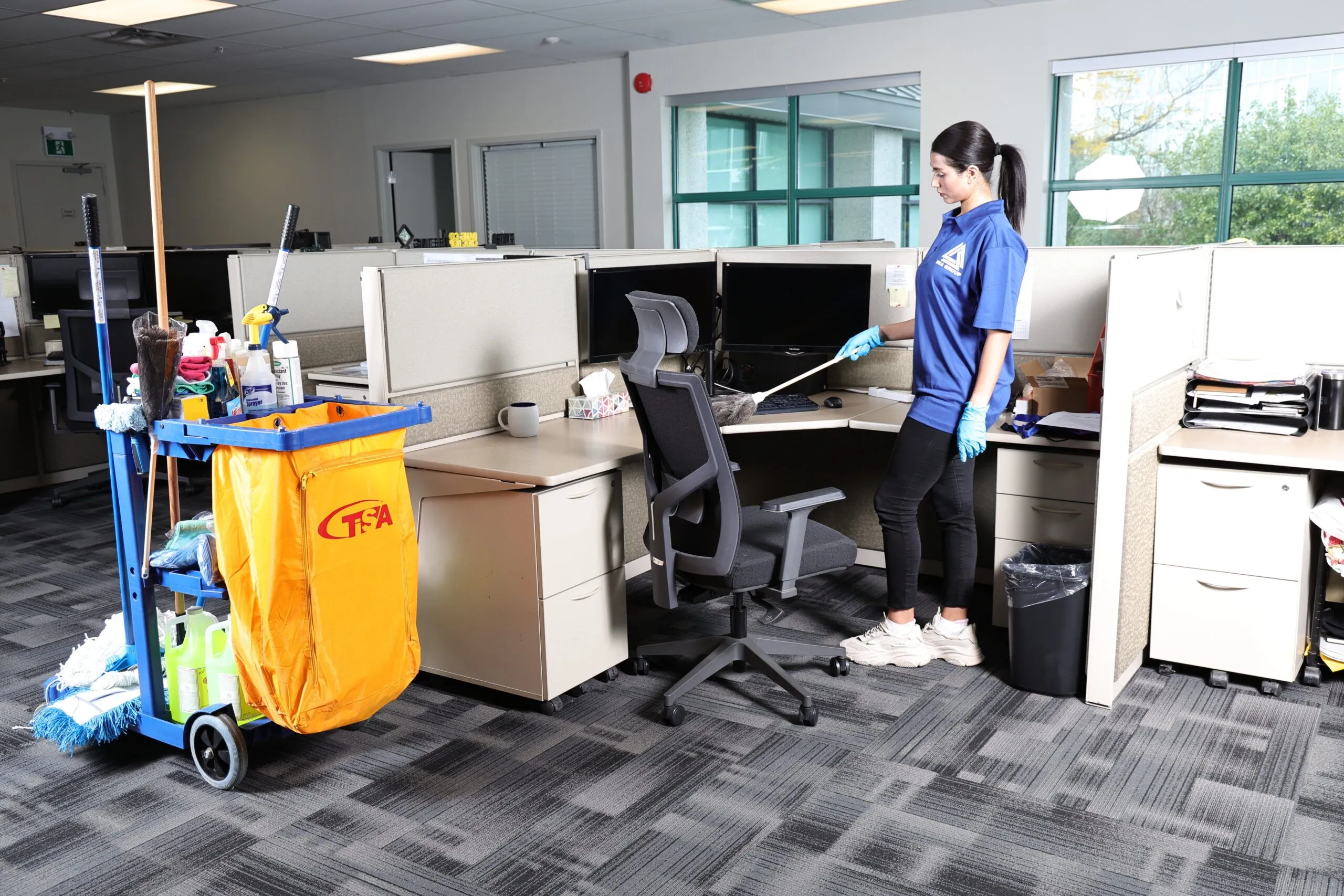Understanding Physiotherapy: Basics and Benefits
What Is Physiotherapy?
Physiotherapy is a branch of healthcare that focuses on diagnosing and treating physical disorders, injuries, and disabilities. Physiotherapists employ a variety of techniques to help patients recover mobility, alleviate pain, and enhance overall physical function. These techniques may include manual therapy, exercise therapy, and the application of modalities such as ultrasound and heat therapy. The therapeutic exercise component is critical, as it encourages strength and flexibility while promoting independence in daily activities.
Why Choose Physiotherapy Near Me?
Finding physiotherapy services close to home can significantly enhance your treatment experience. Locating physiotherapy near me allows for convenience, reduced travel time, and increased accessibility to treatment, which is crucial during recovery. Proximity can also facilitate ongoing follow-up sessions that are essential for implementing and adjusting treatment plans effectively.
Common Conditions Treated with Physiotherapy
Physiotherapy is effective in treating a wide range of conditions including but not limited to:
- Musculoskeletal Disorders: Such as arthritis, back pain, and tendonitis.
- Neurological Conditions: Such as stroke recovery, Parkinson’s disease, and multiple sclerosis.
- Cardiopulmonary Issues: Programs to enhance the quality of life for those with chronic obstructive pulmonary disease (COPD) and post-myocardial infarction rehabilitation.
- Pediatric Conditions: Treating developmental delays and injuries in children.
- Geriatric Issues: Addressing age-related physical conditions, including osteoporosis and reduced mobility.
How to Search for Physiotherapy Near Me
Utilizing Online Resources
The internet is a powerful tool for finding local physiotherapy services. You can use search engines to look up „physiotherapy near me“ to generate a list of clinics and practitioners in your vicinity. Websites and online directories often provide information about clinic specialties, therapist qualifications, and more. Additionally, many physiotherapy clinics maintain active social media profiles and websites showcasing patient testimonials and service offerings, which can guide your decision-making process.
Leveraging Local Directories
Local health directories and business listings are excellent resources for identifying physiotherapy services within your area. Websites such as Yelp and Healthgrades provide not just listings but also patient reviews and ratings. These insights can give prospective patients a sense of the quality of care provided. Furthermore, national and regional health organizations also maintain lists of certified physiotherapists that can be filtered by location and specialty.
Reading Reviews and Ratings
Once you have compiled a list of nearby physiotherapy providers, diving deeper into online reviews can help refine your choices. Platforms like Google Reviews, Facebook, and Yelp allow patients to share their experiences, highlighting both positive and negative aspects. Look for patterns in the feedback regarding the professionalism of the staff, the effectiveness of the treatments, and the overall ambiance of the clinic. A high satisfaction rate often indicates a reliable and effective physiotherapy practice.
Evaluating Physiotherapy Services
What to Look For in a Physiotherapist
When choosing a physiotherapist, consider their qualifications, experience, and areas of specialization. Most countries require physiotherapists to hold a degree in physiotherapy and be registered with a professional body. Checking for additional certifications in specialized areas of practice, such as sports rehabilitation or geriatric care, can also be beneficial. Additionally, it’s advisable to evaluate their communication style and approach to treatment, as a good rapport with your physiotherapist can significantly influence your recovery process.
Assessing Treatment Approaches
Different physiotherapy clinics may offer varying approaches to treatment. Some may focus on manual techniques and traditional exercises, while others incorporate technology, such as electrical stimulation or biofeedback. Inquire about the methodologies used in treatment and ensure they align with your personal preferences and needs. Evidence-based practice is crucial, so whether the clinic emphasizes hands-on treatment, education, or a combination, their approach should be rooted in recognized rehabilitation science.
Understanding Availability and Accessibility
Consider the availability of appointment slots and how easily you can access the clinic. Check their office hours to see if they align with your schedule. Also, assess the accessibility of their location, particularly if you have mobility issues. Some clinics may also offer telehealth options, allowing for virtual consultations, which can be particularly useful if you have a busy lifestyle or have difficulty traveling.
Preparing for Your First Physiotherapy Session
What to Expect During Your Visit
Your first physiotherapy session typically begins with an assessment. The physiotherapist will conduct a thorough history review and a physical examination to evaluate your condition and symptoms. Depending on your reasons for seeking therapy, they may ask about your medical history, lifestyle, and physical activity levels. This initial assessment provides the basis for your personalized treatment plan.
Essential Questions to Ask Your Physiotherapist
Preparing a list of questions for your physiotherapist can enhance your understanding of your treatment plan. Consider asking:
- What is the expected duration of my recovery?
- How many sessions do you recommend, and how often should I attend?
- What specific treatments or exercises will I be doing?
- Are there any precautions I need to take while undergoing therapy?
- What can I do at home to complement my treatment?
Creating a Personal Treatment Plan
Your physiotherapist will collaborate with you to develop a clear, personalized treatment plan. This plan should outline specific goals, including pain relief, improved mobility, and restored functionality. It is crucial to discuss your realistic expectations and to set measurable milestones to track progress. Regularly revisiting and adjusting this plan will ensure that it meets your evolving needs throughout the recovery journey.
Maximizing the Benefits of Physiotherapy
Complementary Practices to Enhance Healing
Engaging in complementary practices such as yoga, acupuncture, or massage therapy can enhance the benefits of your physiotherapy sessions. These practices can contribute to relaxation, stress reduction, and improved overall physical fitness. Discuss with your physiotherapist whether integrating any of these modalities into your treatment plan would be beneficial in achieving your recovery goals.
Staying Committed to Your Treatment Plan
Compliance with prescribed exercises and treatment protocols is critical for success in physiotherapy. Create a routine that integrates exercises into your daily life, and be sure to maintain open communication with your physiotherapist regarding any difficulties you may encounter. Remaining committed will lead to better outcomes and hasten your recovery process.
Tracking Progress and Adjusting Goals
Regularly assessing your progress with your physiotherapist can help keep your treatment plan effective. Discuss your improvements and areas where you may still be struggling. Modifications to your goals or treatment approaches may be necessary based on your feedback. This dynamic process will ensure that your therapy remains tailored to your needs and ambitions.





